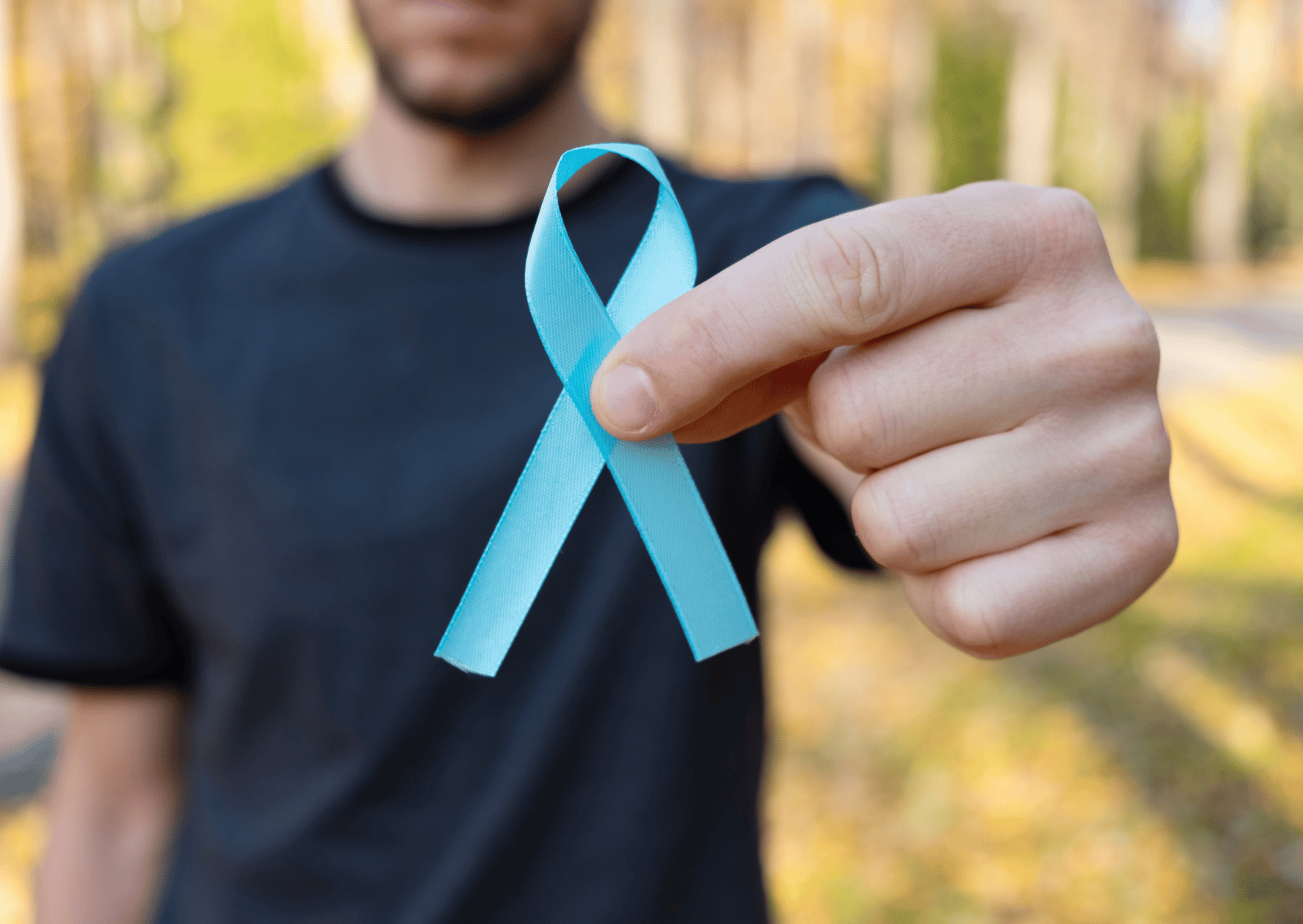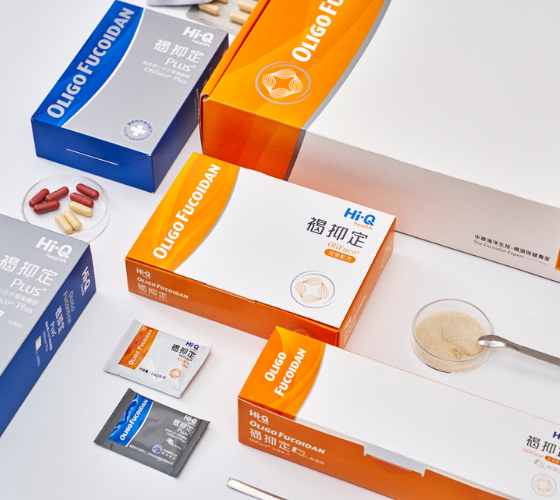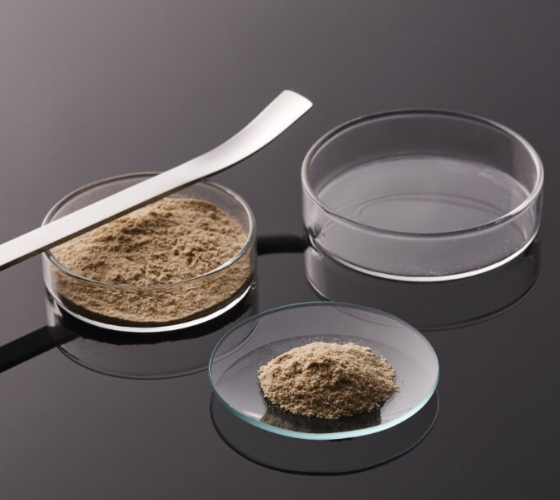Exploring the Potential of Seaweed in Fighting Prostate Cancer

Introduction: Seaweed, a common edible marine plant, is gaining attention for its potential health benefits, including its ability to combat prostate cancer. Recent research has focused on four types of seaweed commonly found in Taiwan and their effects on prostate cancer cells.
Key Findings: Researchers used a method called bioassay-guided fractionation to extract a compounds from these seaweeds. One of the compound named Cl80 (MPLC fractions of C. lentillifera J.Agardh) showed highest bioactivity and exerted promising results in inhibiting the growth of prostate cancer cells.
1. Inhibition of Androgen Receptors: Cl80
effectively suppressed the activity of androgen receptors, which are crucial in
the development of prostate cancer.
2. Reduction in Cell Growth and PSA Levels: The
compound reduced the growth of prostate cancer cells and decreased the levels
of prostate-specific antigen (PSA) protein, which is often elevated in prostate
cancer patients.
3. Differential Effects on Various Cell
Lines: Cl80 had varying effects on different prostate cancer cell
lines. It significantly inhibited the growth of LNCaP cells, while 22Rv1 cells
were more resistant. PC-3 cell growth was also inhibited but not completely.
4. Impact on Colony Formation and Apoptosis: The
compound reduced the ability of cancer cells to form colonies and induced
apoptosis (programmed cell death), especially in LNCaP cells.
5. Mitochondrial Effects: Cl80
decreased the mitochondrial membrane potential in cancer cells, indicating cell
stress and apoptosis.
6. Suppression of Cell Migration: The
compound also suppressed the migration ability of prostate cancer cells, which
is important for preventing the spread of cancer.
Conclusion: The
findings highlight the potential of Caulerpa lentillifera J.Agardh and its
compound Cl80 as promising treatments for prostate cancer. While these results
are encouraging, more research is needed to fully understand the benefits and
applications of seaweed in cancer therapy.
Takeaway: Incorporating
seaweed into your diet could provide essential nutrients and potential health
benefits. However, always consult with a healthcare professional for
personalized advice on prostate health.



